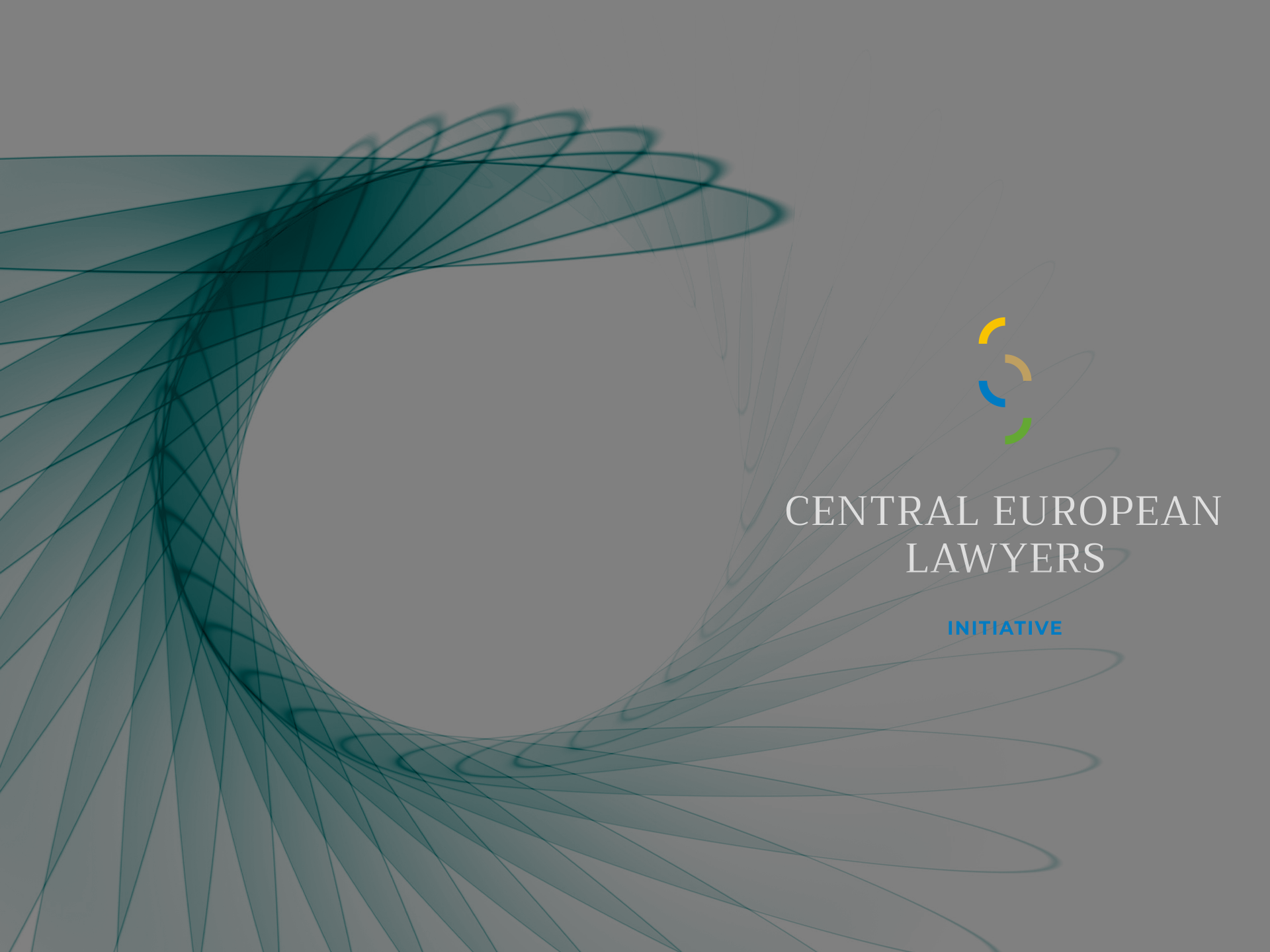
Activity
• Conducting in-depth legal analyses and
research on three focus areas:
• Competition and competitiveness
• Digitalisation
• Sustainability
The Initiative aims to achieve its objectives through engaging in in-depth legal analyses and research as well as information exchange between participants. We primarily, but not exclusively, concentrate on three focus areas that are the following.
1. Competition and competitiveness: All market economies are based on competition, therefore the legal framework created and maintained by states determine to a significant extent the competitive prospects of a certain country. Competition is not only advantageous at the level of individuals/undertakings but also of countries. However, as a consequence of their post-Socialist past, Central European states are at a competitive disadvantage in relation to their Western competitors. For that reason, we must adopt legal rules and make policy choices that are capable to help the region rise above its inherent difficulties which are mainly rooted in the period between World War II and regime changes. Increasing competitiveness means increasing prosperity, and legal solutions in the service of enhancing competitiveness are even more valuable in times of crises, such as the COVID-19 pandemic and the Russian-Ukrainian conflict. Nonetheless, these shall be established on the solidarity of the international community and intensified cooperation.
2. Digitalisation: It is no exaggeration that digital technologies permeate each and every aspect of our daily life, and law has the almost impossible mission to keep up with novel solutions. The online sector poses challenges to both law-making and law enforcement. Nevertheless, even finding the right policy choices, which protect individuals from harms caused by digital technologies but do not impede innovation, is an enormous task and requires careful consideration. The dynamism of the digital sector demands continuous improvements and fine-tunings for legal instruments. To this, one can also add, among others, the threats arising from the use of artificial intelligence and the vast complexity it means for legal regulation.
3. Sustainability: The European Union committed itself to the green transition with the 2020 adoption of the European Green Deal which aims to achieve a climate neutral Union by 2050. In order to meet this ambitious objective, all public policies and the legal regulation embodying the policy choices have to contribute to it. It is not enough to transform those areas that can be handled as primary means to enhance sustainability (e.g. agricultural policy) but also those that can undertake a more modest contribution (e.g. competition policy). The challenge lies in finding the balance between sustainability objectives and the original goals of the respective area, taking into account that the latter could retain its main function.